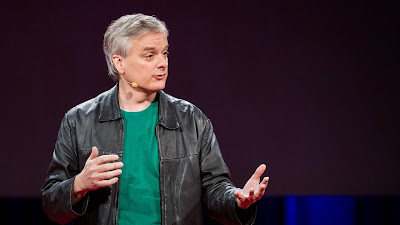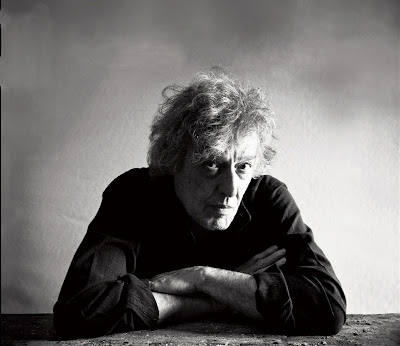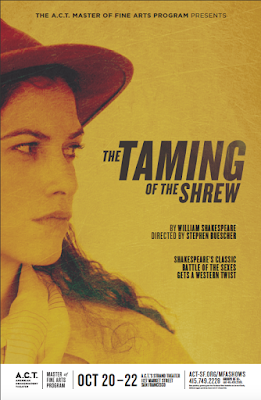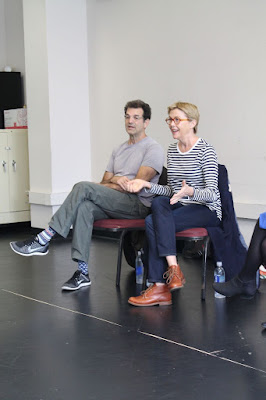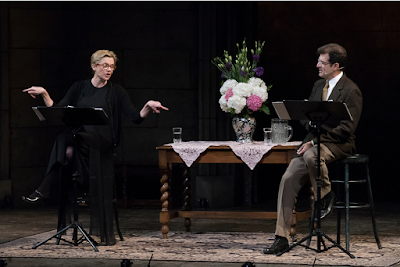Stoppard and Zombies: A.C.T.'s The Hard Problem

By Elspeth Sweatman A zombie. By Pixabay. Courtesy of Wikimedia Commons. Imagine someone who looks exactly like you, dresses like you, walks like you. He says the same things you would say, answers questions with the same answers, and makes decisions using the same logic. His body is built in the exact same way. His brain is a mirror image of yours. The only thing he is missing is consciousness. Meet the philosophical zombie. When philosophers talk of zombies, they aren’t thinking of shuffling Halloween humanoids that will eat your brain. They mean something much more frightening. Something that’s being debated every night at The Geary, in A.C.T.’s production of Tom Stoppard’s The Hard Problem . If you met a philosophical zombie in the street, would you be able to tell the difference? Philosophers argue that you wouldn’t. But could these zombies be real? If they are real, then consciousness and the brain must be separate. And if that is so, then how did we get consciousness...
